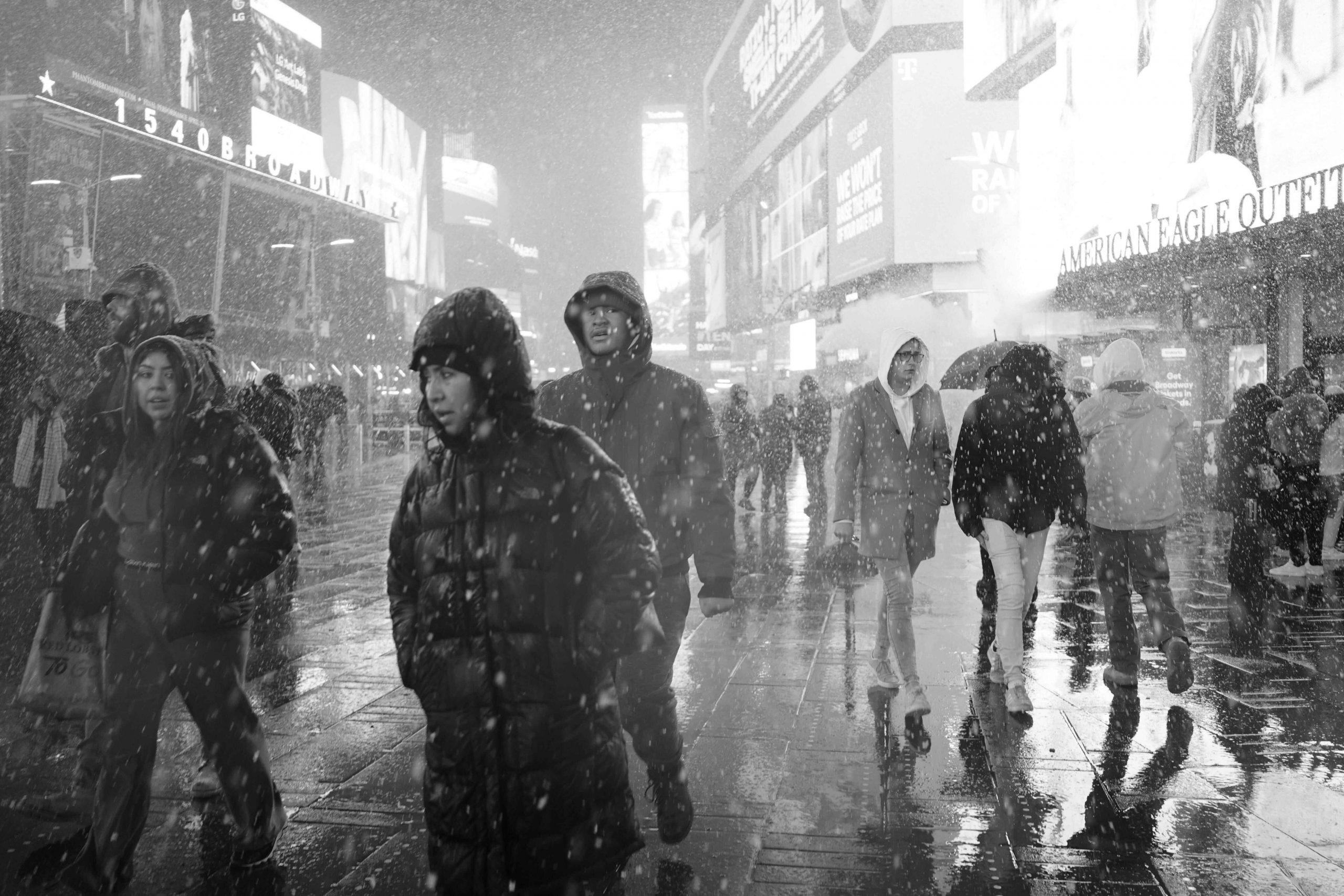As winter sets in across the UK, many Londoners are finding it harder to stay cheerful during the short, gloomy days. The city’s lack of sunlight, combined with colder weather, is leaving people feeling tired, unmotivated, and craving brighter skies. For some, these seasonal challenges can lead to more serious mental health issues, such as Seasonal Affective Disorder (SAD).
Experts say the lack of daylight in winter has a direct impact on our mood. With the sun rising late and setting early, there are often only a few hours of light, and even then, the skies are frequently grey. This absence of sunlight can disrupt the body’s natural rhythm, affecting sleep patterns and energy levels. Many people also experience vitamin D deficiency during winter, as the body relies on sunlight to produce the ‘sunshine vitamin’. Without it, fatigue and low mood are common.
“I’ve noticed I’m just not myself during the winter months,” says Emma Walker, a nurse from Camden. She added: “It’s harder to get out of bed, and even when I do, I feel drained all day. I miss the sun. Seasonal depression is real.”
Vitamin D plays a crucial role in supporting the immune system and brain function, and its shortage during winter months can worsen feelings of sluggishness and sadness. Doctors often recommend taking supplements, particularly for those who rarely spend time outdoors or have limited daylight exposure.
For people like me, who leave for work in the dark and come home in the dark, it feels like you barely see daylight for months,” says Jamie Patel, a financial analyst in Canary Wharf. “It’s exhausting and makes the days blur together. You start to feel like you’re just going through the motions,” he added.
Cold weather is another factor that can drag down spirits. It’s harder to exercise or socialise when temperatures are freezing, and staying indoors for long periods can make people feel isolated. Activities that boost mood, such as walking or meeting friends, are often replaced with solitary evenings spent under blankets. While cozying up indoors may sound appealing, it can lead to a cycle of inactivity and loneliness.
For many, the effects of winter go beyond a passing sense of gloom. Seasonal Affective Disorder is a type of depression that occurs during the darker months of the year. The NHS estimates that the condition affects around 5% of people in the UK and can cause symptoms such as persistent sadness, irritability, and trouble concentrating.
“It’s not just about feeling down because it’s cold and dark—it’s a real medical condition,” explains Dr Bennett, a psychiatrist based in London. “SAD is linked to reduced sunlight, which affects serotonin levels in the brain. Serotonin is a chemical that helps regulate mood, and when it drops, people can feel very low,” he added.
Treatments for SAD include light therapy, where patients use a specially designed lamp to mimic natural sunlight. Regular exercise and spending time outdoors, even on overcast days, can also help. However, Dr Bennett stresses the importance of seeking professional advice if feelings of sadness or fatigue become overwhelming.
In London, the craving for sunlight is a shared experience during the long, dark months of winter. Many residents report feeling more irritable and less productive, with conversations about winter holidays or sunnier destinations cropping up in everyday chats. The lack of daylight impacts everyone differently, but the sense of collective struggle can sometimes bring comfort.
“I think we’re all just holding on until spring,” says Evie Harrington, a student. “It feels like everyone is waiting for the sun to come back.”
For now, experts recommend making small changes to lift spirits during the winter months. Spending time outside when possible, using bright lights indoors, and maintaining a routine can all help counter the effects of the season. While winter’s challenges can feel unrelenting, the promise of brighter days ahead offers hope for many.
If you or someone you know is struggling with the winter blues or more serious symptoms of Seasonal Affective Disorder, it’s important to seek support. Whether it’s through light therapy, professional therapy, or simply reaching out to a friend, even small steps can make a big difference in feeling better.
“Winter may test our spirits, but it also reminds us of the warmth we can find within ourselves and our communities—like a smile, a chat, or a walk—can make the season feel a little brighter,” says Sophia Reed, a local therapist. “If you’re feeling low, don’t hesitate to talk to someone. You don’t have to wait for the sun to come back to find moments of light.”

